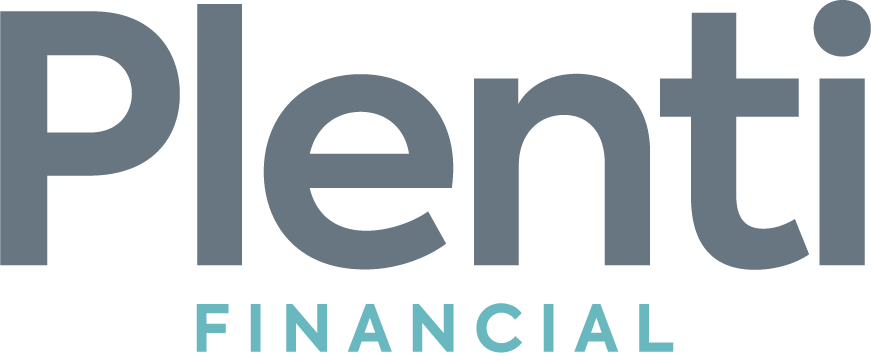Some real estate investors understand the financial benefits of a 1031 Exchange, but aren’t sure how it fits into their rental model. Here, we will explore four strategies that property owners can use either to boost their portfolio or to realign their holdings with their investment strategy. These four strategies are:
- The “I Need Cash” Exchange
- The Move-In Exchange
- The Make More Money Exchange
- The Management-Free / Retirement Exchange
The “I Need Cash” Exchange
If you take money at closing (referred to as “Cash Boot”), you’ll pay capital gains taxes on the funds you receive.
However, if you reinvest it into new property, and pull it out using a Cash-Out Refinance Loan, or Line of Credit instead, you can avoid triggering those capital gains taxes, and still have access to your cash! Why pay the taxes if you can get your cash tax-free?
The Move-In Exchange
Did you know you can move into your investment property after a few years without triggering a tax-bill?
While you must purchase your property solely for investment purposes, knowing your options for the future use of the property is always best, and can give you a great opportunity to use an investment property you own in a location where you’d want to live.
This is subject to specific IRS rules and requirements and needs to be reviewed before you make any purchases.
The Make More Money Exchange
Got a lot of equity? Sometimes, when a property has gone up considerably in value and a lot of equity has been built up, that equity is not generating as much monthly income as it could be if it were invested somewhere else.
By using a 1031 Exchange, you can sell your property, and reinvest into new properties that offer more monthly cash-flow, like Turn-Key single-family rentals, short-term / vacation rentals, or commercial investments!
The Management-Free / Retirement Exchange
Tired of the Three T’s (tenants, toilets, and trash)? We hear it all the time, and luckily there are lots of 1031-reinvestment options that do NOT require management! An investment called a Triple Net Lease allows you to be the sole-owner of a single-tenant building that’s rented to a Fortune 500 company, like Starbucks, or Dollar General (for example).
These companies (your tenants) are responsible for the repairs, insurance and property tax payments, and will sometimes even offer rent guarantees for up to 15 years! The second investment type is called a Delaware Statutory Trust which allows you to own a fractional interest in large commercial properties that are managed by a “Sponsor” who takes care of everything, and simply sends you a check every month.
Start enjoying the income from the real estate assets you’ve built up without the headaches of management, today!
Conclusion
Use these exchange strategies to turn an under-performing portfolio into the kind of capital that serves your business and personal interests. When you begin to understand how powerful of a financial tool the 1031 Exchange can be in an investor’s toolbelt, you will begin to see these opportunities everywhere.


